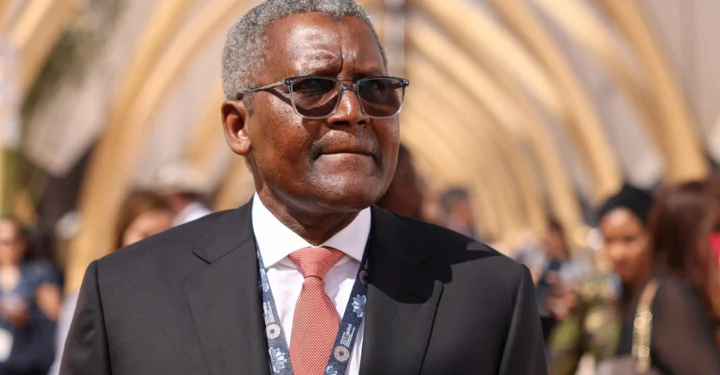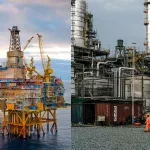Amnesty International has called on Shell to address environmental issues in the Niger Delta following its decision to sell its Nigerian onshore subsidiary, Shell Petroleum Development Company of Nigeria, for up to $2.4 billion.
Mark Dummett, Head of Business and Human Rights at Amnesty International, said: “Shell should not be allowed to wash its hands of the problems and leave.”
Join our WhatsApp ChannelHe urged the Nigerian government to require Shell to provide a full assessment of existing pollution and infrastructure. Dummett emphasized the need to uphold and protect citizens’ human rights, including access to clean water and health.
“We urge the Nigerian government to require Shell to provide a full assessment of existing pollution and the current state of its infrastructure. This information needs to be shared with affected communities.
“Nigeria’s government must ensure local inhabitants’ concerns about the sale are fully appraised and addressed, and uphold and protect the human rights of its citizens, including their rights to an adequate standard of living, clean water and health”
READ ALSO: Shell To End Nigerian Onshore Oil Operations, Seals $2.4bn Deal With Renaissance Africa Energy
Shell, in its announcement, expressed concerns that the asset sale is a move by Shell to exit onshore oil production in the Niger Delta, focusing on deepwater and integrated gas positions.
In a statement announcing the asset sale signed by Zoe Yujnovich, Shell’s Integrated Gas and Upstream Director, the British energy giant sees a bright future in Nigeria’s energy sector, and the company has plans to make further investments in the sector.
Shell’s subsidiary is to be acquired by Renaissance Africa Energy, a consortium comprising five oil and gas companies based in Nigeria.
The completion of the transaction is pending regulatory approvals by the Nigerian government, and the buyer is set to pay $1.3 billion, with an additional $1.1 billion relating to prior receivables.
This divestment aligns with a broader trend of International Oil Companies (IOCs) selling onshore assets in Nigeria. Concerns have been raised about the impact of such divestments on the industry. The Nigerian government, recognizing the challenge, encourages indigenous players to view IOCs’ divestments as opportunities for local firms.
As IOCs shift focus due to issues like oil theft in the Niger Delta, the divestment trend continues. The Federal Government has urged indigenous oil producers to seize the opportunity presented by IOCs’ divestments for the growth of the Nigerian upstream petroleum sector.
READ ALSO: Supreme Court Grants Hearing Of Shell’s Appeal In $878m Oil Spill Case
Amnesty International’s call for effective remedies in the Niger Delta underscores ongoing environmental and human rights concerns in oil-producing communities.
The organisation emphasises the need for Shell to responsibly address the consequences of its operations and ensure the well-being of affected communities. The focus now turns to regulatory processes and the role of the Nigerian government in overseeing the transition and safeguarding the rights of its citizens.
Emmanuel Ochayi is a journalist. He is a graduate of the University of Lagos, School of first choice and the nations pride. Emmanuel is keen on exploring writing angles in different areas, including Business, climate change, politics, Education, and others.



















Follow Us